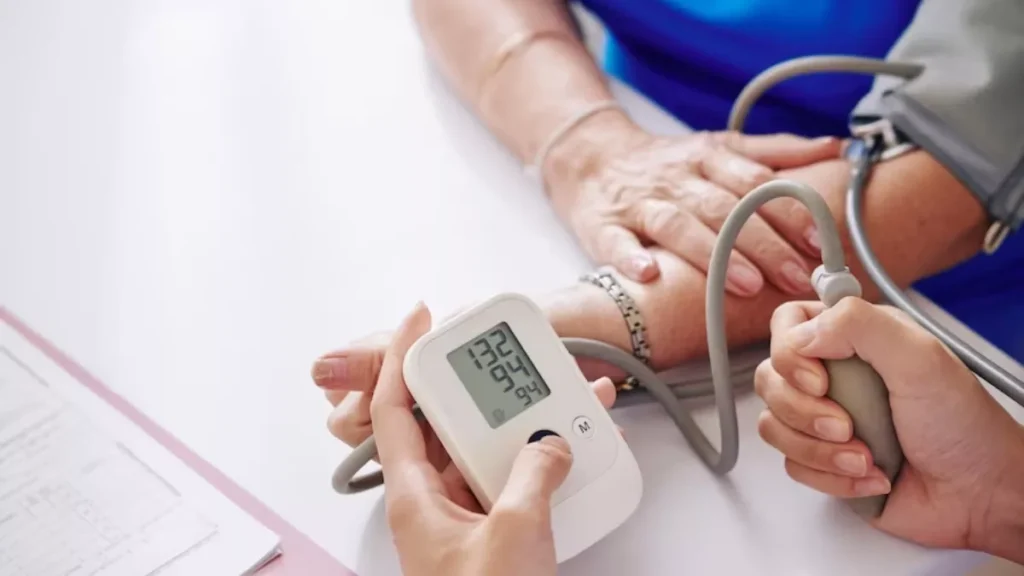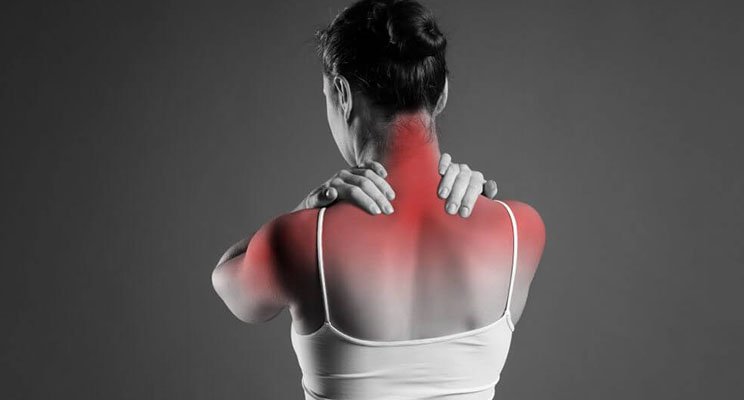Causes, Symptoms, and When to See a Doctor
High blood pressure, or hypertension, is one of the most common but silent medical conditions worldwide. You may not feel it, but it could be quietly damaging your heart, kidneys, brain, and blood vessels every day.
At The Physionic, we believe early awareness and lifestyle management are key to preventing serious complications. In this article, we explain what hypertension really is, what causes it, the symptoms to watch for, and when you should seek medical care.
👉 Book a blood pressure checkup at The Physionic
📈 What Is Hypertension?
Hypertension is a condition where your blood pressure levels are consistently higher than normal. Blood pressure is the force of your blood pushing against the walls of your arteries. If this pressure remains elevated for long, it can cause heart disease, stroke, and kidney damage.
Normal vs High Blood Pressure:
| Category | Systolic (Top) | Diastolic (Bottom) |
|---|---|---|
| Normal | < 120 | < 80 |
| Elevated | 120–129 | < 80 |
| Hypertension (Stage 1) | 130–139 | 80–89 |
| Hypertension (Stage 2) | ≥ 140 | ≥ 90 |
📚 Source: American Heart Association – Blood Pressure Chart
Common Causes of Hypertension
High blood pressure can develop gradually over time or appear suddenly due to certain medical issues. Common causes include:
- Poor diet (high salt, low potassium)
- Obesity or being overweight
- Lack of physical activity
- Smoking and alcohol use
- Stress and anxiety
- Chronic kidney disease
- Hormonal disorders or thyroid issues
- Family history or genetics
Silent but Dangerous: Symptoms of Hypertension
Most people don’t notice any symptoms until damage is already done—that’s why it’s often called the “silent killer”.
However, when symptoms do occur, they may include:
- Headaches (especially in the morning)
- Dizziness or blurred vision
- Chest pain or palpitations
- Shortness of breath
- Fatigue or confusion
- Nosebleeds (in severe cases)
If you’re experiencing these regularly, you should not ignore them.
👉 Visit The Physionic for a full health screening
When to See a Doctor
You should see a doctor if:
- Your blood pressure is consistently above 130/80 mmHg
- You experience sudden chest pain, dizziness, or vision problems
- You have a family history of high blood pressure or stroke
- You’re already on medication but not seeing improvement
- You’re pregnant and showing signs of preeclampsia
Early diagnosis can prevent life-threatening outcomes like stroke, heart failure, and kidney damage.
Treatment & Management Options
1. Lifestyle Modifications
- Reduce salt intake
- Eat more fruits, vegetables, and lean proteins
- Walk or exercise 30 minutes a day
- Quit smoking and reduce alcohol
- Manage stress through yoga or breathing exercises
2. Medications (if needed)
If lifestyle changes don’t work, doctors may prescribe ACE inhibitors, beta-blockers, calcium channel blockers, or diuretics based on your condition.
Never self-medicate. Always follow your doctor’s recommendations and regularly monitor your BP.


